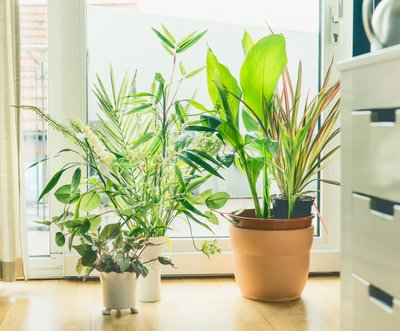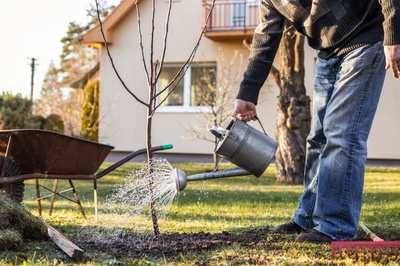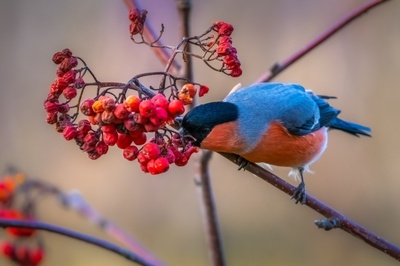
Want a quick way to feel better? Get yourself a houseplant or two. A recent Japanese study showed that taking a 3-minute break from your computer screen to care for or just look at a plant can help to reduce your pulse rate and anxiety levels. Being around plants, even if it’s just a cactus on a desk, reminds us of nature and the outdoors, connecting us to a healthier way of life. Find out anything about three houseplants that are good for your health.
But of course, the last thing you need is a hard-to-care-for houseplant that just gives you something else to worry about. Staring at a dead plant is not suitable for anyone’s mental health. So we’ve come up with three low-maintenance houseplants that will fill your home with greenery and don’t mind a bit of neglect.
Tips on caring for houseplants
First, a few general tips on taking care of houseplants:
- Choose the right plant for the conditions. Some plants will thrive on a sunny windowsill, while others prefer a cool shady spot, so check plant labels before you buy.
- Don’t overwater. Overwatering is one of the leading killers of houseplants. As a general rule, very few plants like sitting with their roots in soggy compost.
- Avoid putting plants near a radiator, which will dry the air and bake the plants.
Indestructible houseplant #1: the peace lily (Spathiphyllum)
Elegant and stylish, with large glossy green leaves and the occasional white flower, the peace lily is a perennially popular houseplant. Please put it in bright, indirect light, water it when the surface of the compost feels dry, and wipe the leaves occasionally with a damp cloth to remove dust. Feed monthly with a liquid houseplant feed.
NB: Peace lilies are toxic to both cats and dogs, so place plants out of pets’ reach.
Indestructible houseplant #2: the spider plant (Chlorophytum)
One of the best things about spider plants is that once you have one, it’s so easy to grow more. These low-maintenance plants regularly put out long stems with little tufts of leaves at the ends. Press the leaf clusters into pots of compost, keep them watered for a few weeks while they develop roots, then cut them free from the mother plant and hey presto, you have a whole family of little spider plants.
- Spider plants like bright, indirect light.
- Water them regularly enough to keep the compost just moist and feed two or three times between spring and autumn with a liquid houseplant feed.
Indestructible houseplant #3: the snake plant (Sansevieria)
The snake plant, also rather unkindly known as mother-in-law’s tongue, is one of those permanent plants that will grow practically anywhere. Ideally, it likes bright, indirect light, but it will cope well with low light conditions too. Let the compost dry out between waterings, and feed once a month in spring and summer with a liquid houseplant food diluted to half-strength.
Every house needs a few houseplants, and you’ll find a fantastic range in our centre. Come and visit us to choose your perfect plant.




